Table of Contents
- yuan renminbi to rm - Dorothy Anderson
- 1 Yuan 2016, Republică Populară - 1999-2017 (1, 5 Jiao, 1 Yuan) - China ...
- Chinese Renminbi Yuan - Photo by MiLu24 | The Most Important News
- China's renminbi share of global payments up in August: SWIFT - CGTN
- 1 Yuan 2013, Republică Populară - 1999-prezent (1, 5 Jiao, 1 Yuan ...
- Renminbi hi-res stock photography and images - Alamy
- Renminbi hi-res stock photography and images - Alamy
- 3Qs: IMF names Chinese yuan one of world’s elite currencies - News ...
- Renminbi Outlook: China’s Currency Offers Diversification Opportunity | AB
- Get your Chinese Yuan Renminbi Currency Card | Travel Money Card for ...
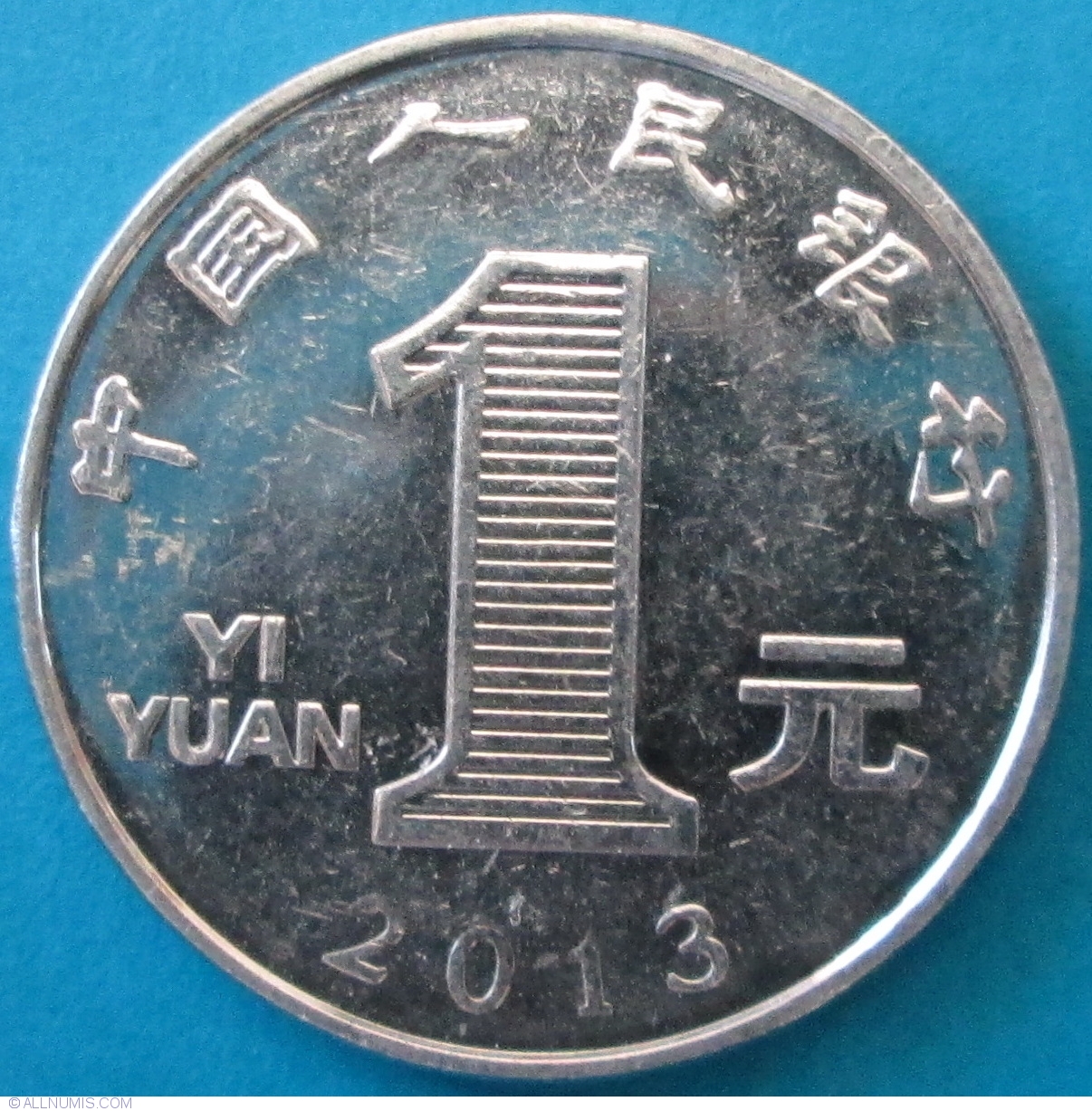
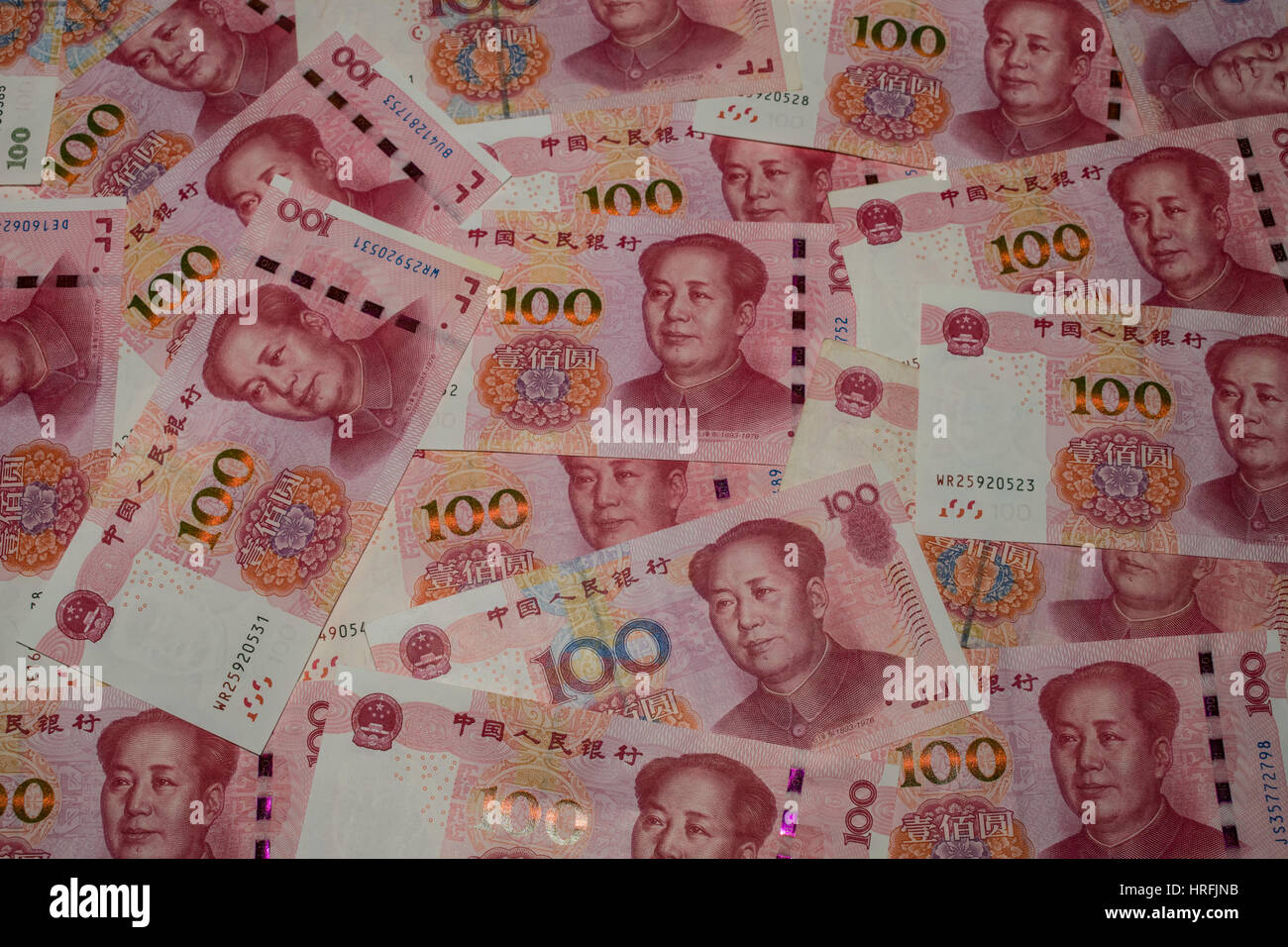
The Chinese government has been under pressure to respond to the U.S. tariffs, which have been imposed on hundreds of billions of dollars' worth of Chinese goods. One possible way to mitigate the effects of these tariffs would be to devalue the yuan, making Chinese exports cheaper and more competitive in the global market. However, a sharp devaluation of the yuan would have significant consequences, both domestically and internationally.
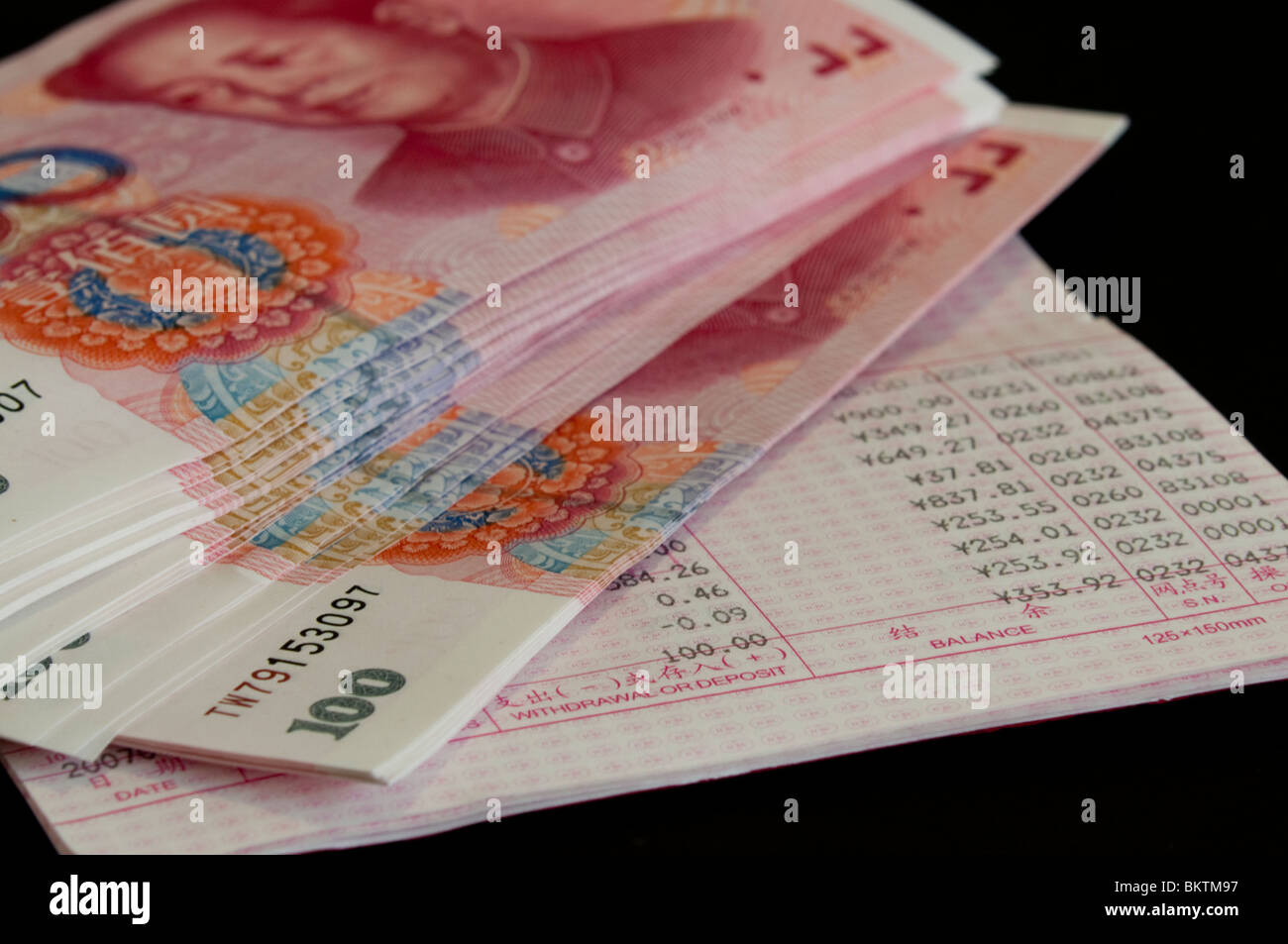
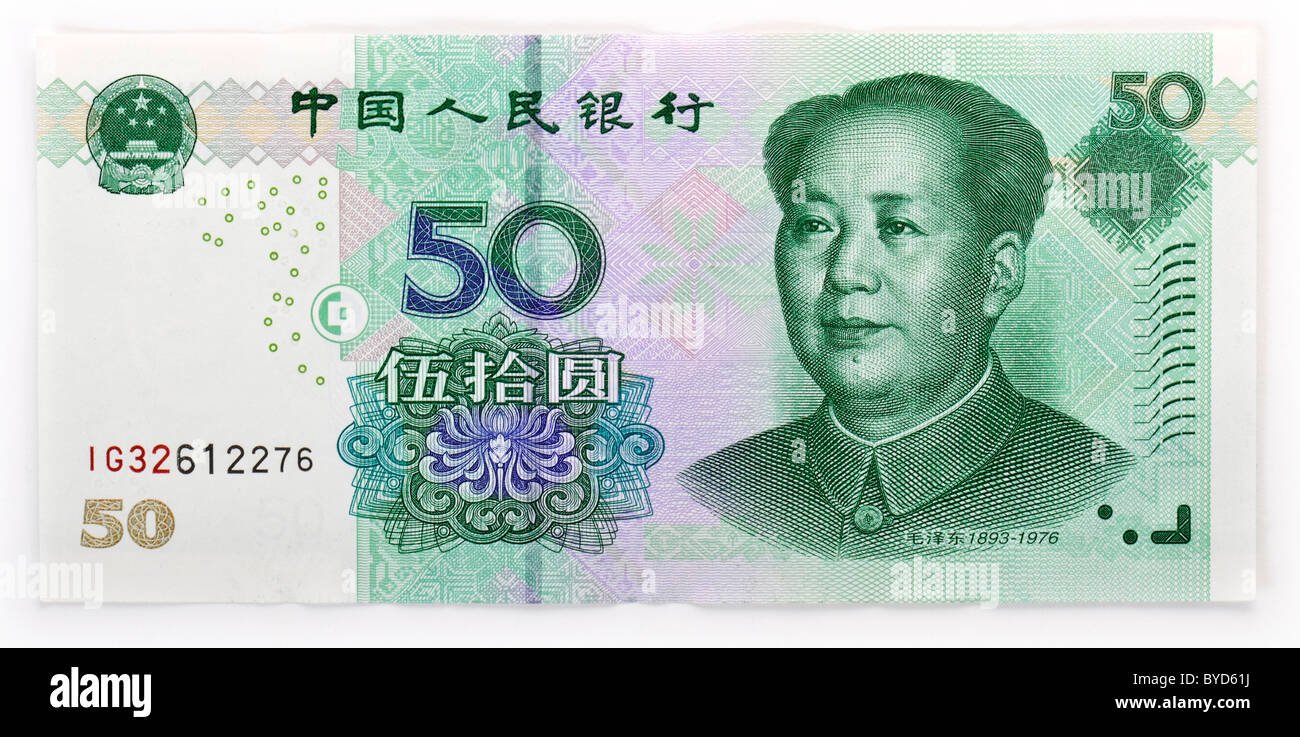
Domestic Consequences
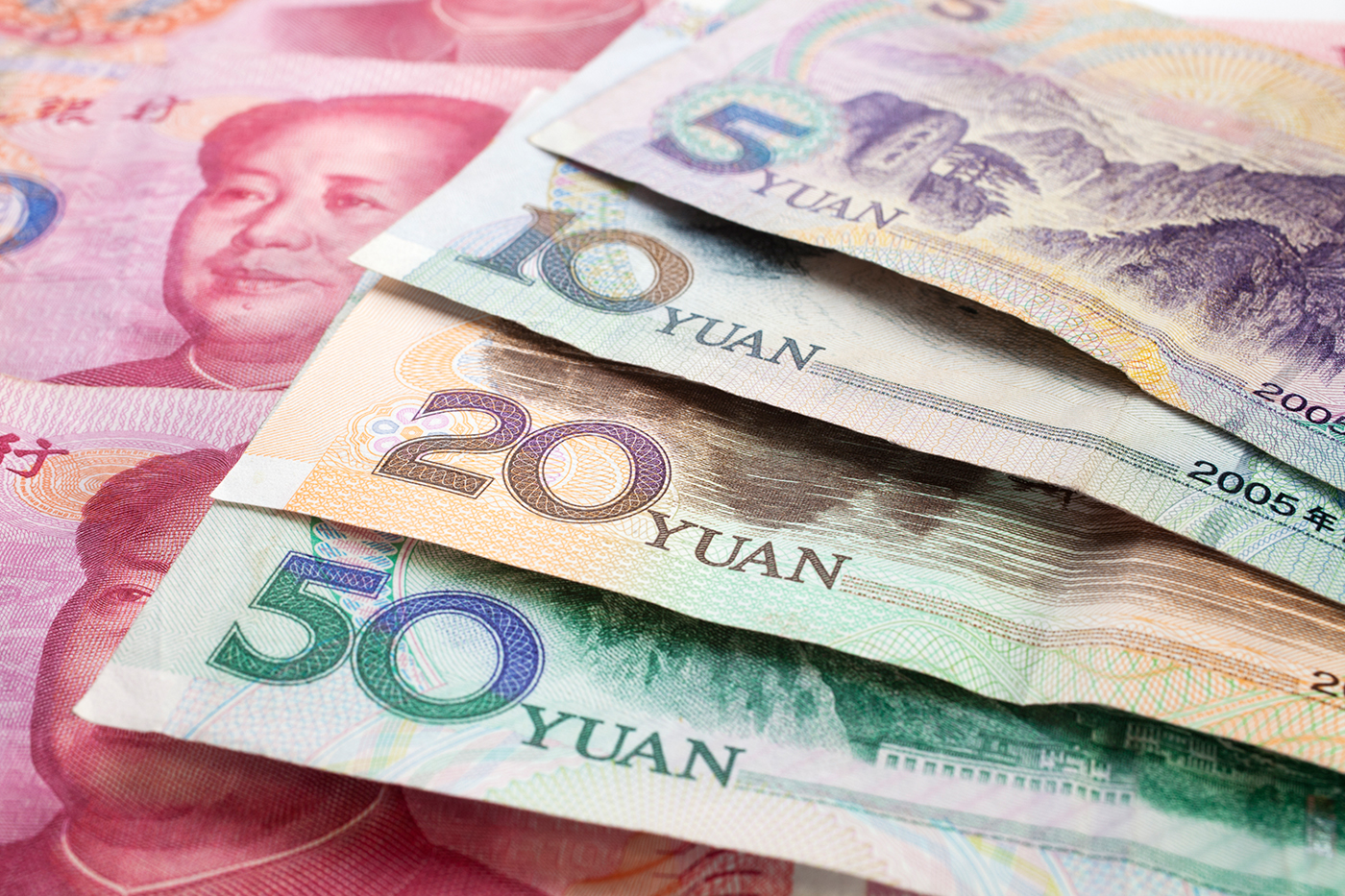
A sharp devaluation of the yuan would lead to higher import prices, which would increase the cost of living for Chinese consumers. This, in turn, could lead to higher inflation, which would erode the purchasing power of Chinese households. Furthermore, a devaluation would also increase the burden of foreign debt, as Chinese companies and banks have significant foreign currency-denominated debt. This could lead to a credit crisis, which would have far-reaching consequences for the Chinese economy.

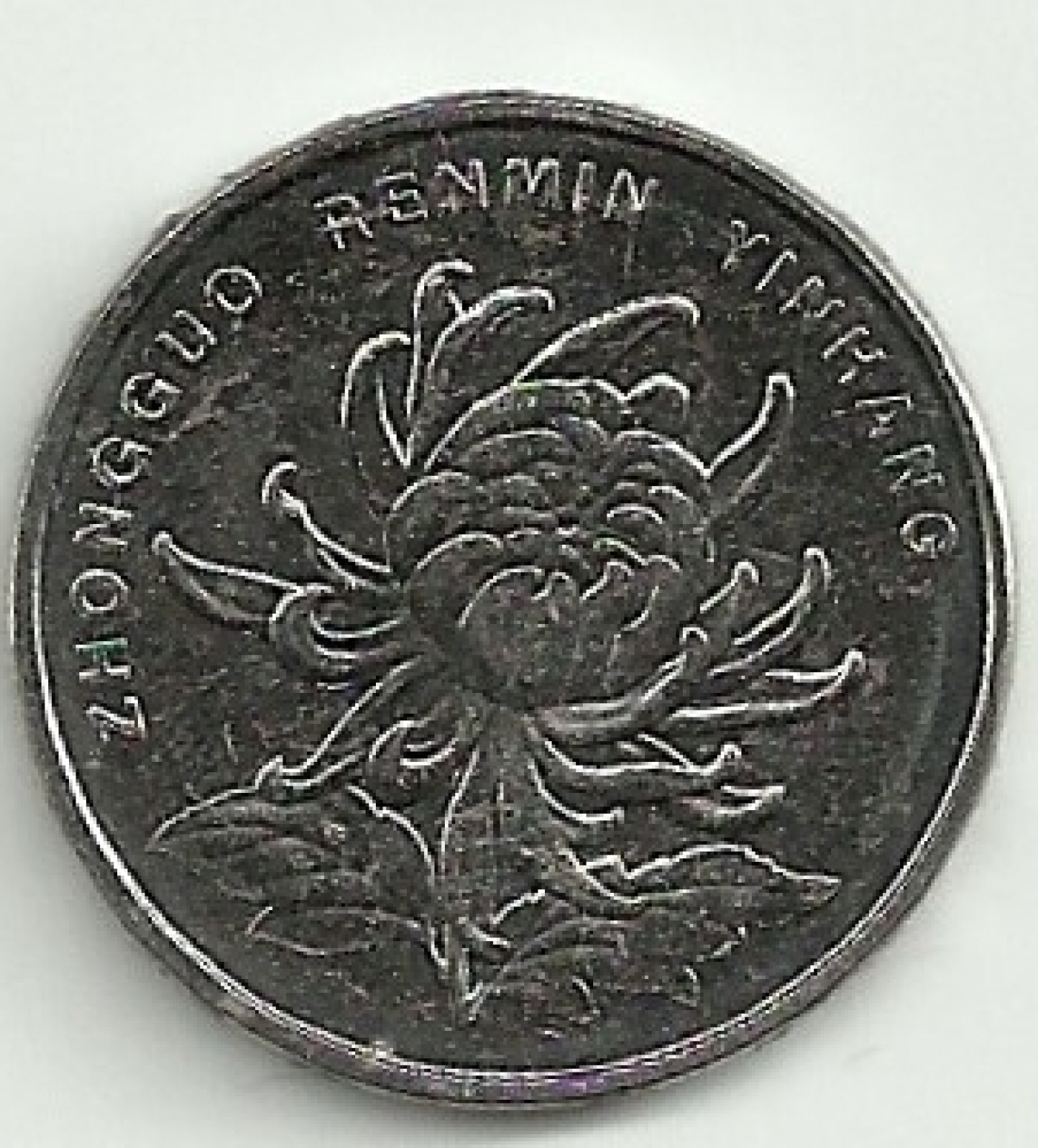
International Consequences

A sharp devaluation of the yuan would also have significant international consequences. It would likely lead to accusations of currency manipulation, which could lead to further trade tensions with the United States and other countries. Additionally, a devaluation would also lead to a decline in investor confidence, which could lead to a flight of capital out of China. This, in turn, could lead to a decline in the value of the yuan, creating a vicious cycle of devaluation and capital flight.
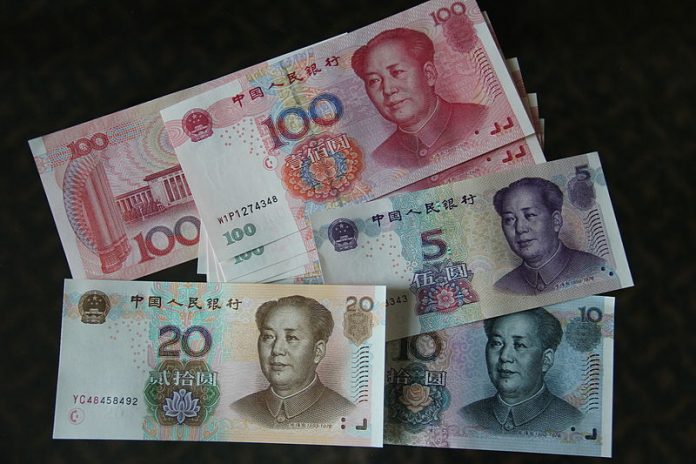
Economic Stability
The Chinese government has repeatedly stated its commitment to maintaining economic stability, and a sharp devaluation of the yuan would be at odds with this goal. The government has implemented a range of policies aimed at maintaining economic stability, including monetary policy easing and fiscal stimulus. A devaluation would undermine these efforts and create uncertainty, which would be detrimental to economic growth.

Alternative Strategies
Rather than devaluing the yuan, the Chinese government is likely to pursue alternative strategies to offset the impact of U.S. tariffs. These could include increasing government spending, cutting taxes, and implementing policies to support exports. The government could also seek to diversify its trade relationships, reducing its dependence on the U.S. market and increasing trade with other countries.
In conclusion, while the Chinese government is under pressure to respond to U.S. tariffs, a sharp devaluation of the yuan is unlikely. The domestic and international consequences of such a move would be significant, and the government is likely to pursue alternative strategies to maintain economic stability and offset the impact of tariffs. As the trade tensions between China and the United States continue to evolve, it will be important to monitor the Chinese government's response and assess the potential implications for the global economy.
The Chinese government's commitment to maintaining economic stability, combined with the potential consequences of a sharp devaluation, make it unlikely that the yuan will be aggressively devalued in the near future. Instead, the government will likely pursue a range of policies aimed at supporting economic growth and maintaining stability, while also seeking to reduce its dependence on the U.S. market.
Note: This article is written in a way that is optimized for search engines, with a clear and concise title, headings, and paragraphs that provide valuable information on the topic. The article is also written in a way that is easy to understand, making it accessible to a wide range of readers.